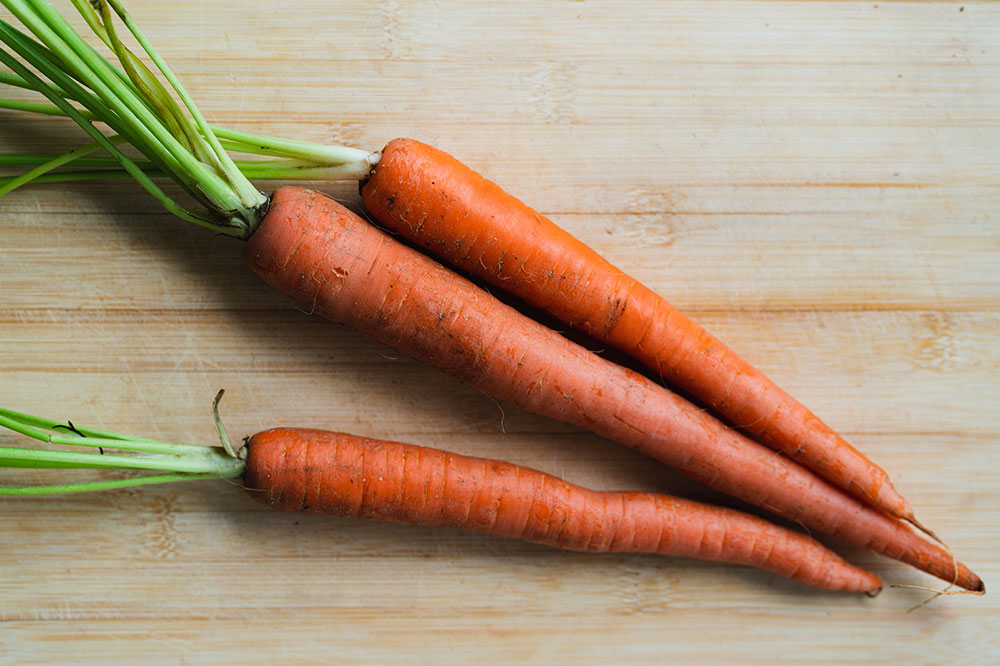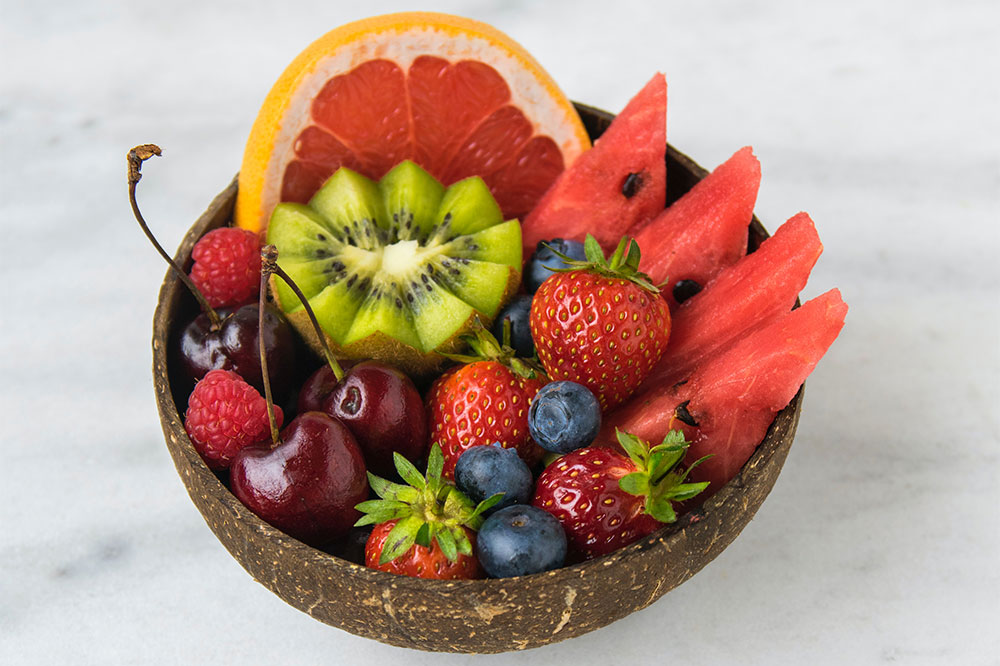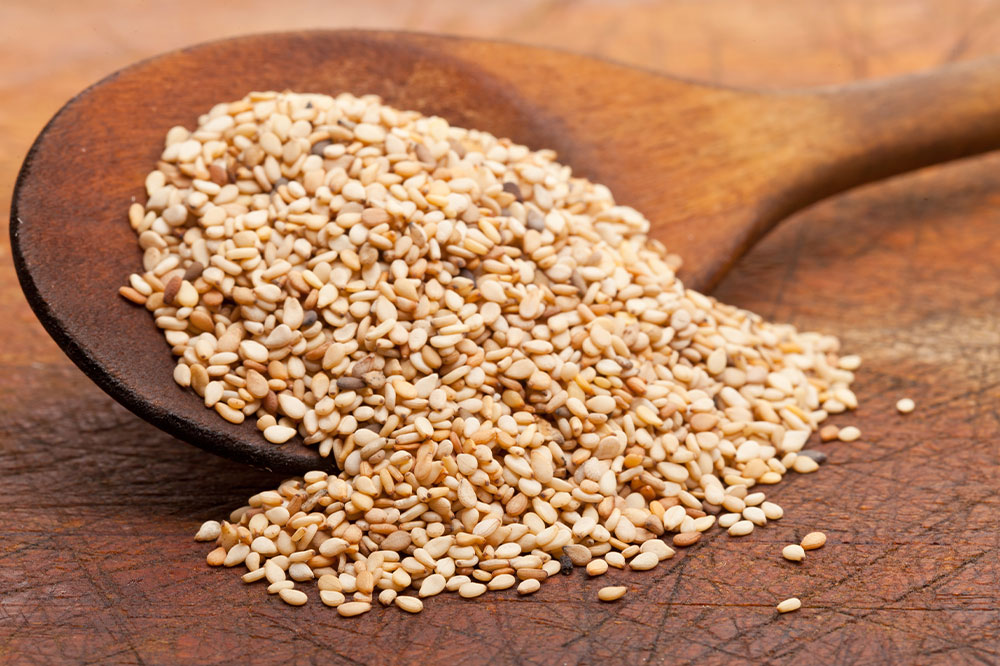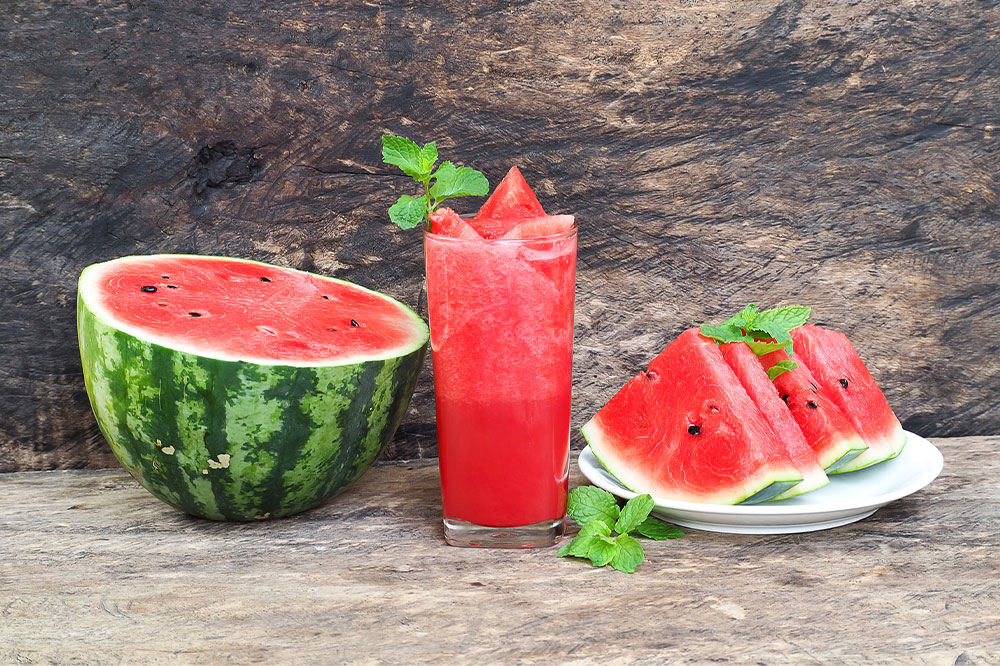Essential Nutrient-Rich Foods to Promote and Preserve Eye Health
Discover the top five nutrient-dense foods essential for maintaining and enhancing healthy vision. From fatty fish rich in omega-3s to vibrant leafy greens packed with antioxidants, learn how these foods support eye health and prevent common eye conditions. Incorporate these staples into your diet to safeguard your eyesight and enjoy clearer, sharper vision across your lifespan.

Essential Nutrient-Rich Foods to Promote and Preserve Eye Health
Maintaining excellent vision is a vital aspect of overall health and quality of life. While age can be a factor influencing eye health, lifestyle choices play a significant role in reducing the risks associated with common eye disorders such as cataracts, glaucoma, dry eyes, night blindness, and age-related macular degeneration (AMD). A proactive approach involving a balanced diet filled with nutrient-dense foods can offer significant protection and support for your eyes. This comprehensive guide explores the top foods rich in essential vitamins and minerals that are proven to enhance and sustain visual health.
Fatty Fish: The Omega-3 Powerhouse for Your Eyes
When it comes to nourishing your eyes, fatty fish are among the most beneficial foods you can incorporate into your diet. These fish are abundant in omega-3 fatty acids, particularly eicosapentaenoic acid (EPA) and docosahexaenoic acid (DHA). DHA is a major component of the retina, the light-sensitive tissue at the back of your eye, making it crucial for maintaining optimal retinal function and clear vision.
Consuming fish like salmon, tuna, mackerel, sardines, and trout regularly has been linked to a lower risk of dry eyes and age-related macular degeneration. The healthy fats in these seafood options help reduce inflammation, improve tear film quality, and bolster overall ocular health. For those who frequently engage in screen-based activities or work long hours, including omega-3-rich fish in your meal plan can serve as a natural way to prevent eye discomfort caused by dryness or irritation.
Nutritious Nuts and Legumes: Antioxidants and Healthy Fats for Eye Protection
Nuts and legumes are vital components of a vision-preserving diet. Almonds, walnuts, pistachios, lentils, chickpeas, and peanuts are excellent sources of vitamin E, omega-3 fatty acids, and other antioxidants. Vitamin E is known for its protective effect against oxidative stress—a major contributor to age-related eye diseases like AMD and cataracts.
Consuming a handful of nuts or legumes daily can provide your eyes with essential nutrients that fight free radicals, support cellular repair, and improve overall eye resilience. Their healthy fat content also contributes to better lubrication of the eyes, reducing discomfort and dryness. These foods are versatile and can be added to salads, cereals, or enjoyed as snacks to promote ongoing eye health.
Eggs: A Rich Source of Eye-Enhancing Nutrients
Eggs, particularly egg yolks, are nutritional powerhouses loaded with critical nutrients vital for maintaining healthy eyesight. They contain high concentrations of vitamin A, an essential vitamin that supports the health of the cornea, the outermost layer of the eye, preventing infections and maintaining clarity.
Additionally, eggs are rich in lutein and zeaxanthin—carotenoids that are concentrated in the macula, the central part of the retina responsible for sharp vision. These antioxidants help filter harmful high-energy light waves and protect retinal tissues from oxidative damage, thereby reducing the risk of age-related macular degeneration and cataracts.
Zinc found in eggs further supports the health of the retina and enhances visual acuity. Incorporating eggs into your breakfast, lunch, or dinner can be an easy and delicious method to provide your eyes with essential nutrients each day.
Carrots and Beta Carotene: Classic Vision Boosters
Carrots are famously associated with eye health due to their rich beta-carotene content—a precursor to vitamin A. Adequate vitamin A intake is crucial for preventing night blindness, reducing the risk of infections, and maintaining a healthy corneal surface.
Incorporating carrots into your diet can take many forms—raw in salads, steamed as a side dish, or blended into smoothies. The body converts beta-carotene into vitamin A as needed, ensuring your eyes have continuous support against damage and infections. Consistent consumption of carrots and other orange or yellow vegetables can help sustain optimal vision and prevent degenerative conditions linked to vitamin A deficiency.
Dark Leafy Greens: Nutritional Superstars for Eye Preservation
Vegetables like spinach, kale, collards, and Swiss chard are among the most nutrient-dense foods for eye health. They are rich in lutein, zeaxanthin, vitamin C, and other antioxidants which help defend the eyes against oxidative stress caused by environmental factors such as ultraviolet light, pollution, and aging.
Kale, in particular, is considered a superfood due to its high concentration of these beneficial compounds. Regular consumption of leafy greens has been associated with a reduced risk of age-related macular degeneration and cataracts. Including leafy greens in salads, smoothies, or sautéed dishes ensures your eyes receive a consistent supply of critical nutrients that support long-term visual health.
In summary, advocating for a diet rich in omega-3 fatty acids, antioxidants, vitamins A, C, E, and carotenoids provides a natural and effective means to sustain and improve eye health. Combining these nutrient-dense foods with healthy lifestyle habits such as avoiding smoking, protecting eyes from excessive sunlight, and scheduling regular eye check-ups can significantly reduce the risk of eye diseases and keep your vision sharp throughout life.
Adopting a balanced, nutrient-rich diet tailored for eye health is a simple yet powerful strategy. With mindful eating habits, your eyes can function optimally for years to come, allowing you to enjoy clear, vibrant vision at every age. Remember, prevention starts with what you put into your body, and nourishing your eyes today can lead to better sight tomorrow.





